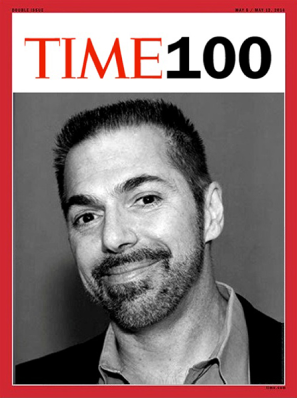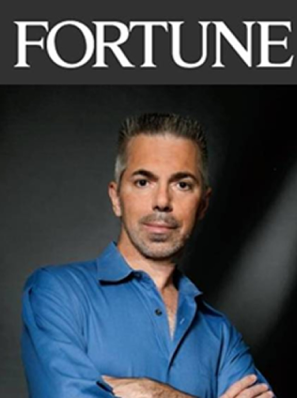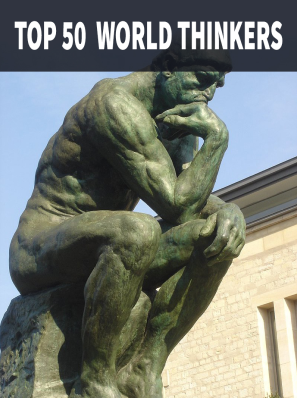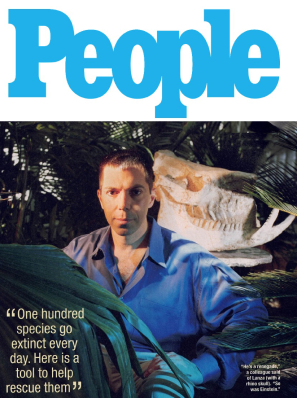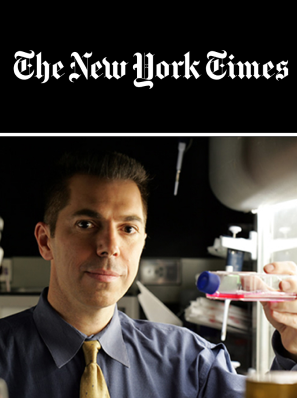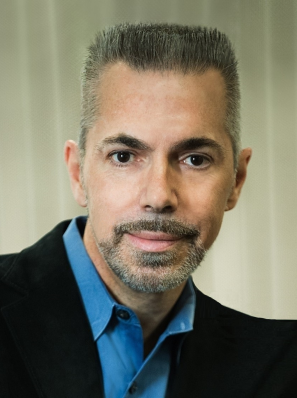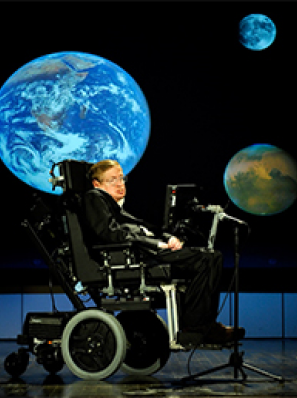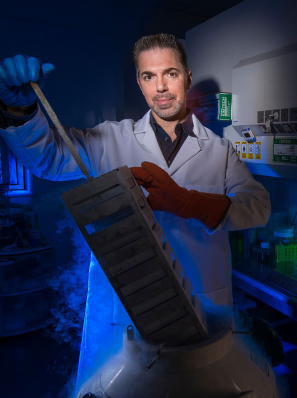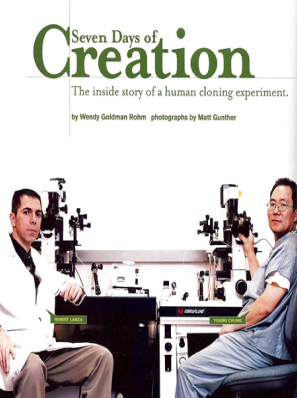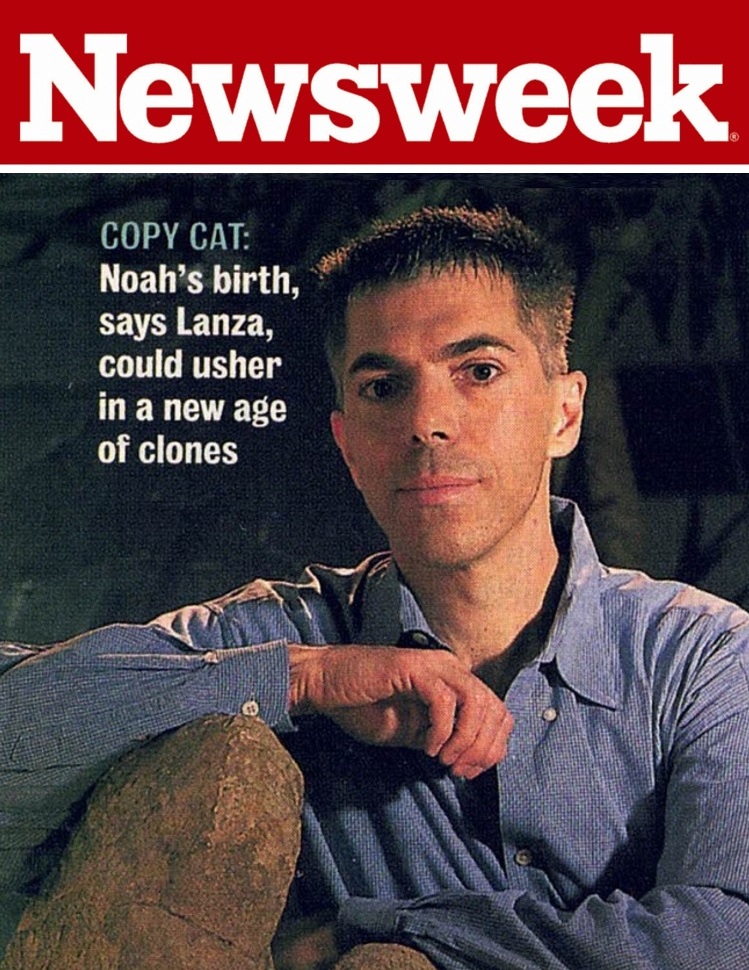
Next year will see the first person receive induced pluripotent stem cells – “rewound” adult cells that can grow into any tissue in the body
Read more
2013 Smart Guide: Revolutionary human stem cell trial
If all goes to plan, 2013 should see the first human trial of “rewound” cells. These are produced by turning adult cells back to a stem cell state and then coaxing them into becoming another type of cell. It will mark a milestone in our ability to generate new tissue – and maybe whole organs – from people’s own cells.
In 2006, Shinya Yamanaka reverted skin cells to an embryonic state. He called these cells induced pluripotent stem cells. iPSCs can grow into any tissue in the body by exposure to natural growth factors.
The long-term goal of the pioneering trial of iPSC-derived cells is to provide blood platelets to people undergoing cancer therapy, who need platelet transfusions to repair damaged tissues and prevent uncontrolled bleeding. Initially, however, platelets grown from iPSC will be given to healthy volunteers. Researchers in charge of the proposed trial, planned by Advanced Cell Technology (ACT) of Marlborough, Massachusetts, want to ensure that the cells are well tolerated before moving on to people with cancer and other blood-related conditions.
Some studies of iPSCs have suggested that they may have a higher risk of becoming cancerous. “Since platelets don’t have nuclei they can’t form tumours, which makes them ideal for the first iPSC clinical trial,” says Robert Lanza, chief medical officer at ACT.
Volunteers will be given platelets made from pre-existing stocks of iPSCs, but if the trial goes well, Lanza says they will create platelets from cancer patients’ own cells.
